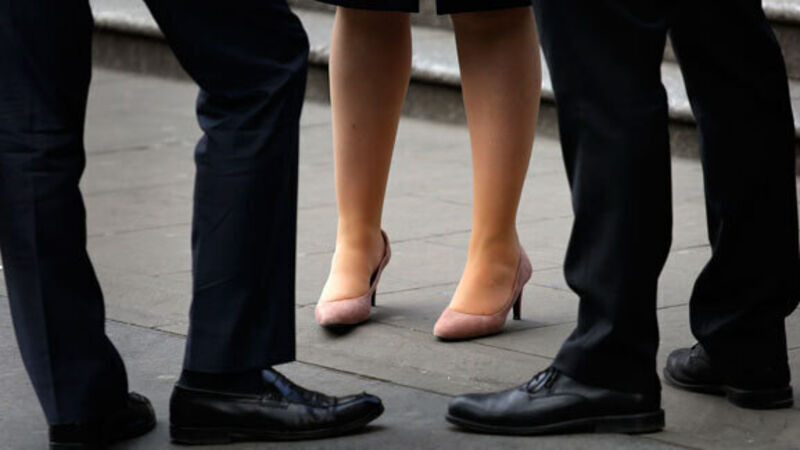Women on State boards hits 40%

Minster calls for further progress as 11 male-only boards still remain
The share of women on State boards has exceeded 40% for the first time ever, according to new figures.
Try from €1.50 / week
SUBSCRIBEMinster calls for further progress as 11 male-only boards still remain
The share of women on State boards has exceeded 40% for the first time ever, according to new figures.
Already a subscriber? Sign in
You have reached your article limit.
Annual €130 €80
Best value
Monthly €12€6 / month
Introductory offers for new customers. Annual billed once for first year. Renews at €130. Monthly initial discount (first 3 months) billed monthly, then €12 a month. Ts&Cs apply.
CONNECT WITH US TODAY
Be the first to know the latest news and updates
Newsletter
Keep up with stories of the day with our lunchtime news wrap and important breaking news alerts.
Monday, February 9, 2026 - 1:00 PM
Monday, February 9, 2026 - 6:00 AM
Monday, February 9, 2026 - 8:00 AM
© Examiner Echo Group Limited